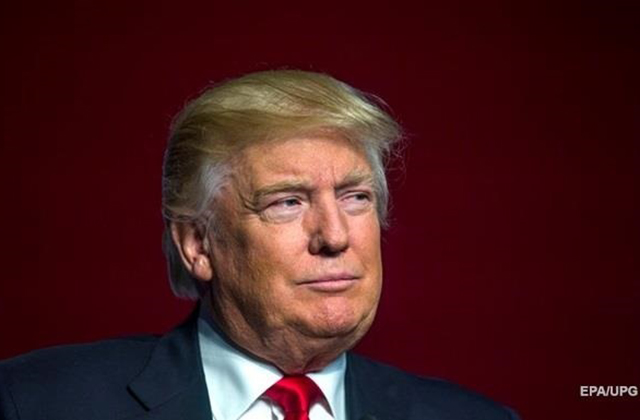WP: Donald Trump’s political mandate is historically small

Donald Trump is pretty sore that he’s going to lose the popular vote by as much as two percentage points. So he’s lashing out, launching baseless accusations of large-scale voter fraud to explain why he lost the popular vote even as he managed to win the electoral college.
It’s unusually petty and strange for a president-elect to do this, yes. But there is actually good reason for Trump to be concerned about his share of the popular vote. After all, the current tabulation suggests that 53.5 percent of Americans cast ballots for someone not named Donald Trump, and politicians are generally stronger when they have demonstrated popular support. That translates to political capital and an easier time pursuing your agenda. It makes your opponents — and perhaps even skeptical congressional Republicans, in Trump’s case — less likely to stand in your way. (Witness President Obama’s mandate in the wake of the 2008 election, for example.)
Trump, though, has a historically small mandate. And if you compare his election to the 57 previous presidential votes, that reality begins to come into clearer focus.
As of now, Trump’s deficit in the popular vote — 1.7 points — is the third-largest on record for an election winner and the second-biggest for an electoral college winner. The only bigger deficits came in the 19th century, when Rutherford B. Hayes won the 1876 election by one(!) electoral vote despite losing the popular vote by three points, and when John Quincy Adams was declared the winner by the House of Representatives despite losing the electoral vote and the popular vote to Andrew Jackson by more than 10 points. (It was a crowded race, and Jackson was shy of a majority of electoral votes.)
Trump is also taking less of the popular vote — 46.5 percent — than all but seven previous winners. That number is likely to creep down closer to 46 percent as the remaining votes get counted, but he is still likely to finish eighth from the bottom (next lowest is Grover Cleveland in 1892 at 46.02 percent).
Among those seven winners who took less of the popular vote, though, six faced a third-party candidate who was formidable enough to actually win a state, and the seventh was Bill Clinton, who also faced a formidable third-party candidate — Ross Perot — who took 19 percent of the national vote but didn’t quite carry a state. Clinton took just 43 percent of the vote but won the popular vote by six points over Bob Dole George H.W. Bush.
The strongest third-party showing in the 2016 election was from Libertarian nominee Gary Johnson, who is taking slightly more than 3 percent of the vote right now. The worst third-party showing in any of the other races was 8.5 percent, which is what Populist Party candidate James B. Weaver took in 1892 as a regional candidate who won five Western states. The leading third-party candidate in every other race won at least double digits.
In other words, there was far less splitting up of the vote in the 2016 election than in the seven elections that produced a winner with a smaller share of the vote. While those seven candidacies can all credibly point to a third-party candidate diluting the vote, Trump really can’t. Yes, Johnson set a record for a Libertarian candidate’s share of the vote, but he was ultimately a non-factor in the race.
Does that mean Trump is sunk as president? Of course not. The vote is one thing. From here, it’s about how he handles the presidency and builds his political capital. The best indicator of that will be his approval rating, which hasn’t been measured since he won the election. His favorable rating — which is more about his personal appeal than job performance — bumped up after his election but still stood at just 42 percent, according to Gallup. That’s lower than any president-elect on record and is notably less even than his 46.5 percent of the vote.
But for now, Trump’s political mandate is very, very small. He will probably succeed in getting some of his priorities through Congress thanks to the GOP’s congressional majorities, but the American people are skeptical of their president-elect, even as they elected him president.
The popular vote doesn’t technically matter when it come to electing presidents, but popular appeal does matter when it comes to how presidents can govern. And the idea that a majority of Americans still don’t like our president-elect is eating at Trump — as it probably should.

























